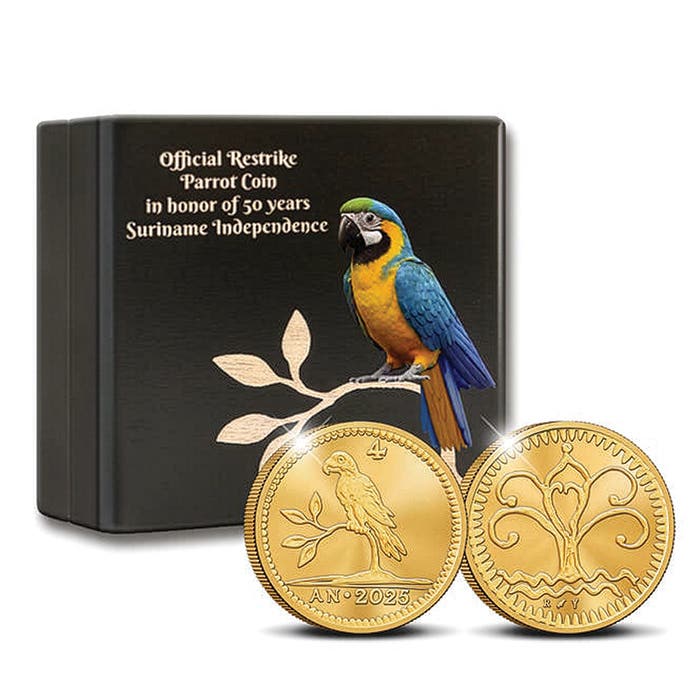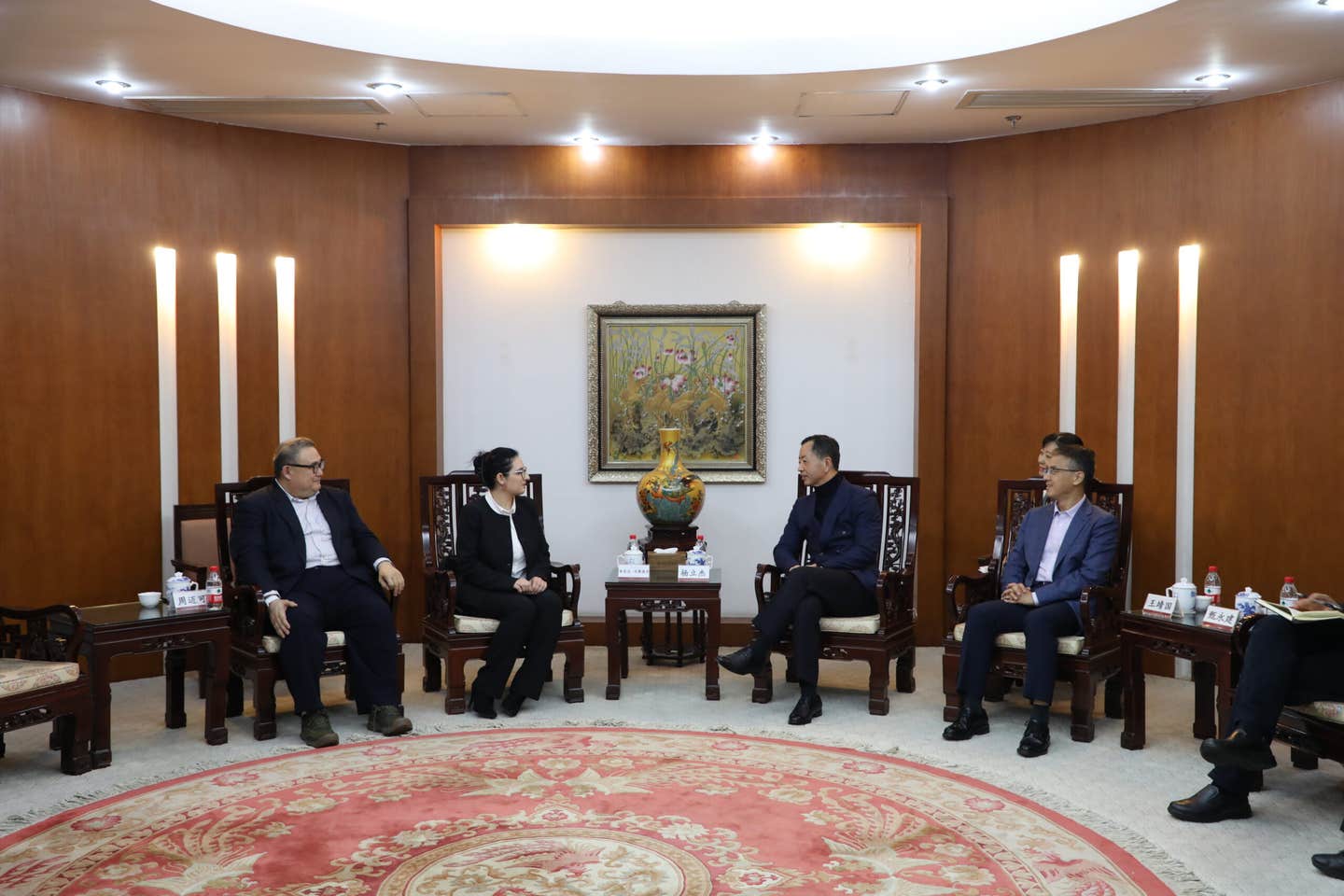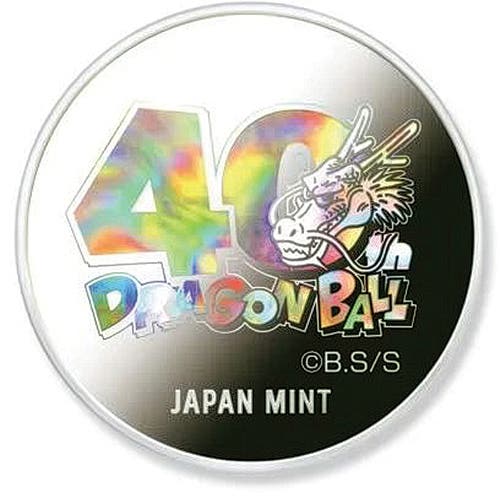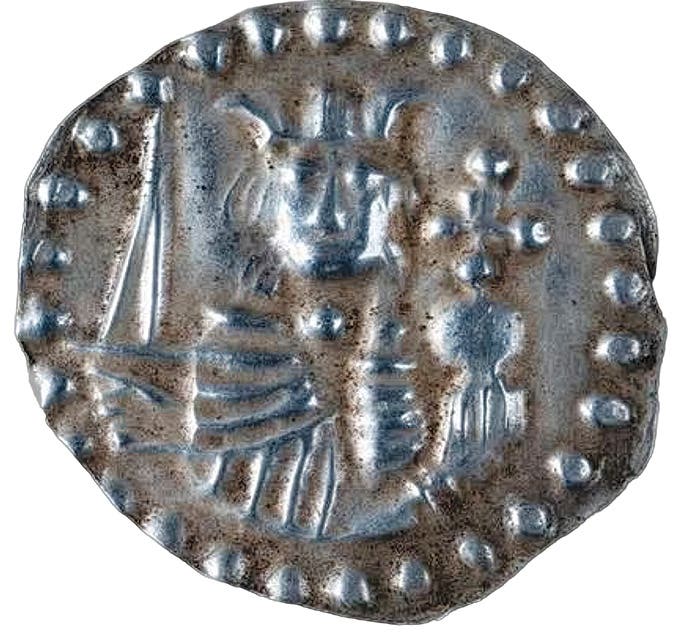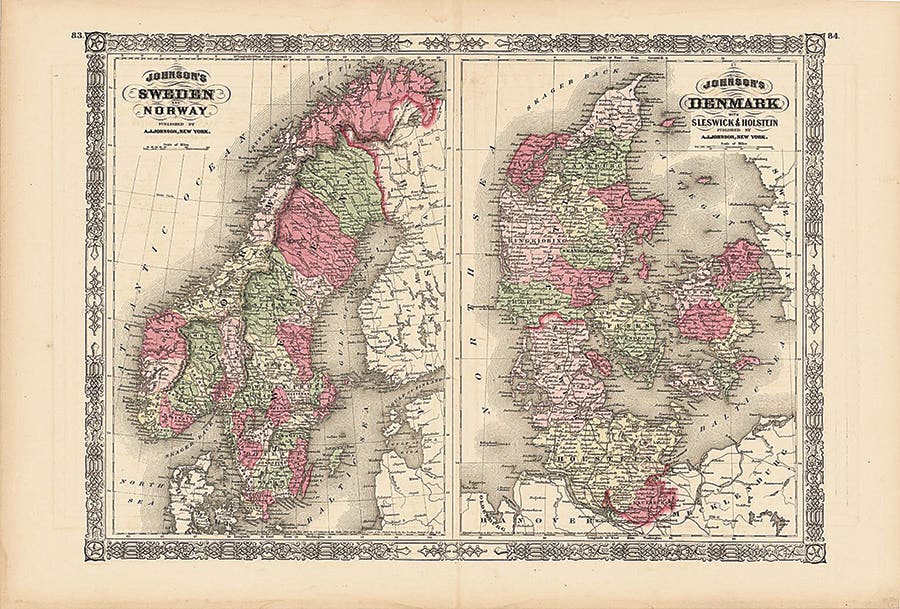Currency Change Surprises
Inflation is a chronic problem in Nigeria. The annual inflation rate was at 21.82 percent in January, up from 21.34 percent one month earlier. This is its highest rate since…
Inflation is a chronic problem in Nigeria. The annual inflation rate was at 21.82 percent in January, up from 21.34 percent one month earlier. This is its highest rate since September 2005.
Coins typically disappear in an economy where they no longer have purchasing power. In such an environment, bank notes appear in ever-increasing denominations, while the lower denominations vanish for the same reason as the coins.
Nigeria is full of economic surprises. During February several publications reported bank customers receiving bags of coins with a total value of ₦2,000 (naira) rather than much less cumbersome bank notes. And these are the lucky customers. Due to the quick changeover in bank notes there haven’t been sufficient bank notes in circulation to drive the economy.
On March 6 Nigerian financial institutions began dispensing the recently demonetized 1,000-, 500-, and 100-naira bank notes. This followed a Nigerian Supreme Court ruling against the central bank’s so-called naira redesign policy. The court accused outgoing President Muhammadu Buhari of undermining the country’s democratic credentials by failing to follow a provisional order barring his government from proceeding with the demonetization process.
Central Bank of Nigeria Governor Godwin Emefiele had initially promised that after the February 10 deadline ending the legal tender status of the old naira notes Nigerians would still be able to redeem them at their banks. The CBN has since demanded that the obsolete notes must be exclusively returned to the CBN alone.
Much of this cash shortage problem can be blamed on Nigerian politics. The Guardian newspaper recently referred to Nigeria’s newly elected president Bola Ahmed Tinubu as the “Godfather of Lagos” in a pre-election article. While living in the United States Tinubu had his assets frozen in 1993 due to “probable cause” Tinubu was involved in heroin dealing. Tinubu has been plagued by accusations of corruption since his return to Nigeria.
Nigerian politics are notorious for involving bribery. Opposition Peoples Democratic Party member of the House of Representatives Chinyere Igwe was arrested prior to the recent general elections held in late February. It was reported Igwe had $498,100 in U.S. bank notes and a list of people to whom this money was to be distributed in his car. He is accused of being involved in money laundering. Igwe is not the first Nigerian politician to have been accused of rigging elections by buying votes.
Igwe was using coveted U.S. currency. Many politicians seeking to reward voters for a favorable nod use Nigerian naira bank notes and coins. It takes ₦441.33 to equal one U.S. dollar, but in a poverty-stricken country where few people have bank accounts, people will take money in any form they can get.
The situation became so bad that just prior to the general election the Central Bank of Nigeria invalidated the nation’s naira currency on short notice, announcing redesigned coins and bank notes were being issued immediately to replace them.
The newly designed currency was officially introduced as a way to prevent counterfeiting and related financial crimes. The reality is the quick withdrawal of the nation’s money was to stop politicians from buying votes. Another part of this reality is that insufficient new money was made available for commerce to continue without being interrupted.
A February 25 The Wall Street Journal article reported a Lagos individual as having been charged ₦3,000 to withdraw 10,000 naira in new bank notes from her account. (It takes 100 old naira to equal one new naira.) Another individual who had waited two days to convert his money was quoted as saying, “Imagine, we have money, but we cannot eat.”
The naira coin and bank note denomination name is derived from the word Nigeria. The naira currency was introduced in 1973. Coins were initially released in denominations of half, 1, 5, 10, and 25 kobo. The two lowest denominations are composed of bronze; the higher denominations are composed of copper-nickel. The half kobo was only issued during 1973. In 1991 the metal in the remaining denominations was changed to copper-plated steel or nickel-plated steel. Coins in 50 kobo and ₦1 were introduced. In 2007 ₦2 coins were introduced as the lower denominations were withdrawn. Due to continuing inflation the use of coins is not widespread in Nigeria.
Nigeria’s modern bank notes were first issued in denominations of 50 kobo, ₦1, ₦5, ₦10 and ₦20. A ₦50 note was introduced in 1991 at the same time the 50 kobo and ₦1 denominations were replaced with coins. Due to inflation notes a ₦100 note was issued beginning in 1999, a ₦200 note in 2000, ₦500 in 2001, and a ₦1000 in 2005.
Nigeria is one of four African countries that prints its own bank notes, these being produced at the Nigerian Security Printing and Minting Company Ltd. According to the NSPMC website, “Thousands of counterfeit naira notes are captured and recovered from circulation every year. Currency imitators try to counterfeit notes by using scanning and printing techniques with varying resolutions. Most fake currencies can be detected with the naked eye. A fraction will only be found out with the use of light-based examination and authenticating machines. We ensure the security of Naira notes.”
Newly designed ₦200, ₦500, and ₦1000 bank notes were unveiled in November 2022. According to the domestic Nigeria website GardaWorld.com, “The naira note shortage is triggering mass discontent amid an already challenging security environment and a tense sociopolitical context. On Feb. 18, the Association of Senior Staff of Banks, Insurance and Financial Institutions directed that its bank workers stay home from work indefinitely from Feb. 20 in those states where bank workers have been threatened or banks attacked by protesters. If the directive is widely adhered to, the ability of residents to access funds will be further negatively impacted, increasing the threat of protests and associated violence.”




